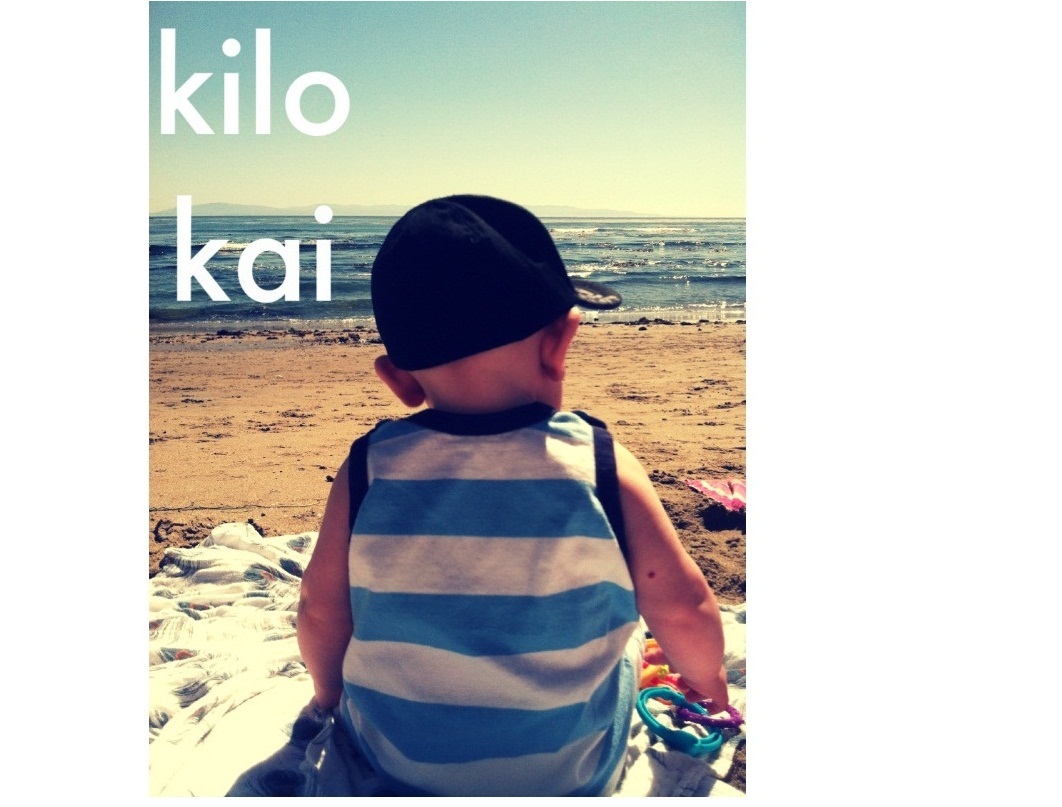November is here and so is RSV season. Kai will be getting his first of five shots tomorrow to prevent this disease. There are a few reasons why he needs this series of shots. First and for most he was born premature, he had low birth weight, chronic lung disease, history of respiratory distress syndrome, and of course lives with a school aged child a.k.a Kirra :)
So needless to say he more than qualifies for these shots as well as all of the precautions that go along with preventing the disease.
Here is an article from About.com that gives a summary of RSV and Preemies...
RSV can be a serious illness in preemies.
Image courtesy of CDC/Dr. Craig Lyerla
Understanding and preventing RSV in premature babies is as important part of bringing a preemie home. NICU1 discharge is a joyous occasion--no longer do parents have to follow the routines of the hospital's special care nursery or neonatal intensive care unit (NICU) or be separated from their baby. Most importantly, going home means that baby has made it through all of the immediate health problems caused by being born early.
Once parents bring baby home, keeping him healthy becomes the major goal. During the fall and winter months, preventing respiratory syncytial virus (RSV) is a preemie parent’s biggest challenge.
What is RSV?
RSV2 is a common virus in the fall and winter months. In fact, it is the most common cause of upper respiratory infections in infants and children. The majority of children have their first RSV infection by age two. Most children who have RSV recover on their own. But 125,000 children per year are hospitalized with RSV infection, and 1% to 2% of those children die.
In preemies, RSV is a major health concern. It is the number-one cause of sickness and re-hospitalization for preemies, and prematurity is the greatest risk factor for severe RSV infection.
Symptoms
In most children, RSV looks like the common cold. Infants and children with RSV may have a stuffy nose, cough, fever, and malaise.
Symptoms of severe RSV infection requiring immediate medical attention include:
Rapid breathing
Difficulty breathing
Cyanosis (bluish discoloration of the skin)
Apnea (periods of non-breathing)
If your baby shows any signs of these symptoms, you should seek immediate medical attention.
Preventing RSV
Hand washing is the best way to prevent RSV infection from spreading. The virus can live on hands and clothing for up to 30 minutes. It is spread through the air when people with the virus cough or sneeze, or through contact with items that have the virus on them.
In addition to hand washing, eliminating risk factors helps to prevent RSV infection. Risk factors other than prematurity include:
Daycare
Caregivers who smoke
Crowded living conditions
Low birth weight
Multiple birth
School-aged siblings
Chronic lung disease
Congenital heart disease
Exposure to environmental pollutants
Neuromuscular disease
Family history of asthma
Some of these risk factors can’t be changed, so parents should focus on the ones that can. In the first year of life, especially during the fall and winter, try to keep your preemie out of daycare environments. Make school-aged children wash hands and change clothes when they come home, avoid crowds, and don’t smoke. If you do smoke, smoke only outside and wear a jacket that’s used only for smoking and is removed when you come inside since smoke particles stay on clothing.
RSV Vaccination
For infants considered to be at the highest risk for RSV, a vaccine is recommended. Palivizumab, or Synagis, the RSV vaccine, is given as a monthly shot during the peak RSV season. Not every preemie needs Synagis, but talk to your doctor if:
Your baby was born at 28 weeks or less, and will be 12 months or younger at the start of RSV season.
Your baby was born between 29 and 32 weeks, and will be 6 months or younger at the start of RSV season.
Your baby was born between 32 and 35 weeks, will be 6 months or younger at the start of RSV season, and has 2 or more other risk factors.
Synagis can prevent up to 55% of preemie hospitalizations due to RSV. It reaches its peak effectiveness by the second dose, so talk with your doctor early in the fall to find out when RSV season is anticipated in your area.
Additionally, Kai's weekly appointments with the occupational therapist have been cut to every other week! She sees his improvement and wants to rely on his home care and "therapy" I do with him. That basically includes tummy time, practice holding toys and bringing them to his mouth, rolling, and eventually sitting. Whenever I have a window of opportunity to put Kai on the floor to practice all of these we go for it, but if he gets fussy we stop since he's basically not learning when he's fussy.




No comments:
Post a Comment